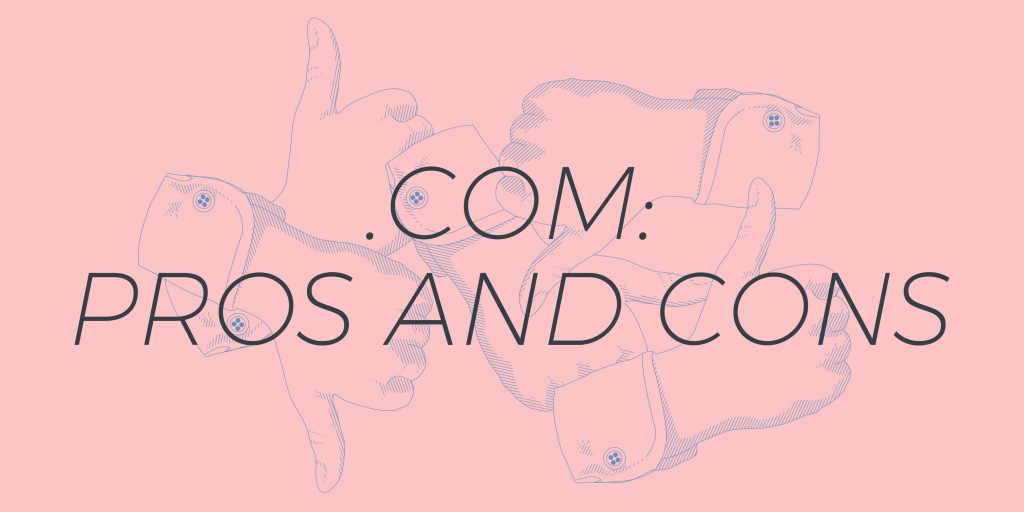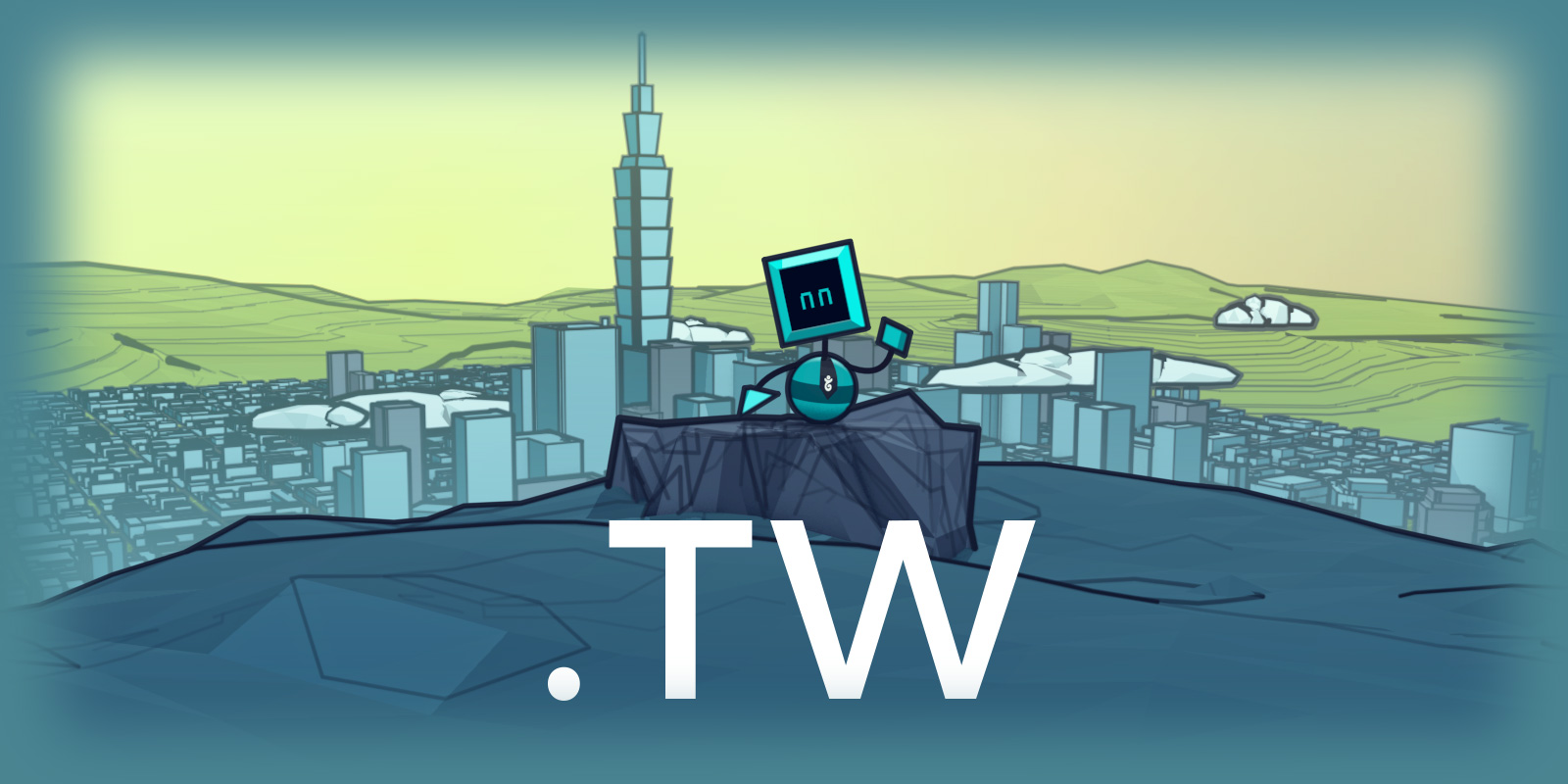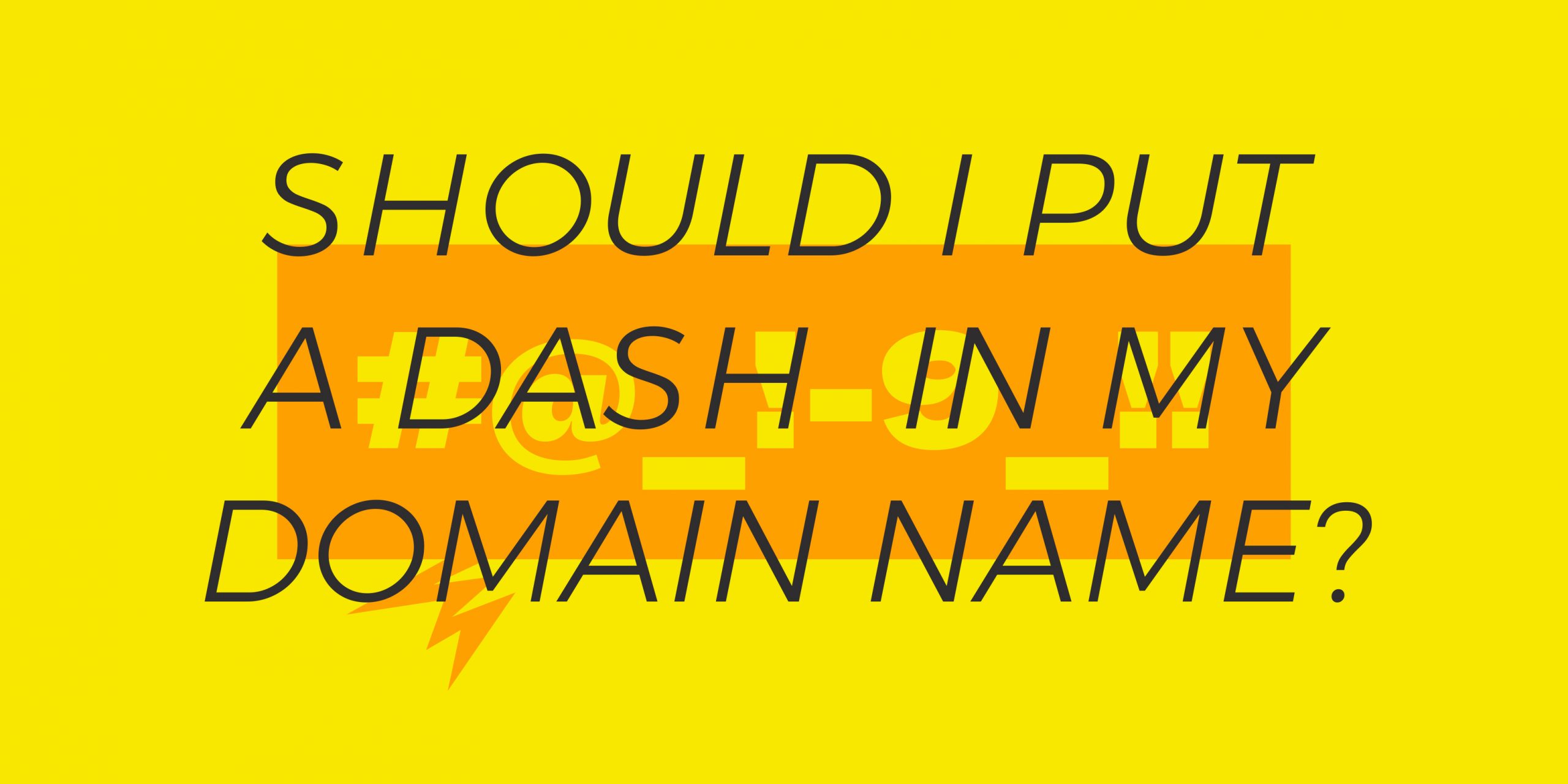When it comes to top-level domains (TLDs), by far the most popular is .com.
But is a .com domain right for you? Let’s take a look at the good and the bad.
A brief history of .com
The existence of .com goes all the way back to the beginning of the domain name system and it’s history is interwoven in the history of the internet itself.
It was first defined, along with .gov, .edu, .mil, and .org, as one of the five “category” top-level domains in October 1984, though wasn’t officially implemented until January 1985, as the one of these reserved for commercial domains.
By 1992, as the World Wide Web was becoming popular, there were 15,000 .com domains and by 1994, the internet’s chief architects began to worry about “the administrative load and system performance if the current [.com] growth pattern is continued,” speculating that it might have to be “subdivided” and only second-level .com domains allowed to be registered.
But as internet governance shifted away from the military and large universities, and towards private businesses, another solution to these administrative and performance hurdles was applied—charging for domain names.
The accelerated growth of the internet combined with speculative investment in company that started with e-, tech-, or cyber-, or ended in .com, fueled a massive growth in .com. In the public eye, .com became intrinsically linked to a burgeoning new online economy.
By 1997, there were around a million domains and by 1999 over 20 million .com domains had been registered. The dot-com speculative bubble burst, but online business survived, and .com lived on and became seen as the “generic” option amongst domains, while .edu, .gov, .mil, and .org retained their “niche” category status.
Pros of .com or why you should buy a .com domain name
So let’s get into why (and why not) you might consider getting a .com domain name.
1. Recognizability
Given its history and its prominence in the popular imagination, what .com most has going for it is its recognizability. The words “dot com” invoke the very essence of the internet.
Without telling them your domain name, people will probably already search for your company with .com at the end, to the point that including it is almost superfluous.
2. Indispensability
Another reason to get a .com domain name is its indispensability. Even if your primary domain name is in a different domain than .com, your domain portfolio should probably have a .com.
3. SEO
As opposed to more “local” domain names, like country code domains, .com often gets you better rankings in search engines than the country-code equivalents, which are assumed to be targeted to specific geographic areas.
Cons of .com or why you shouldn’t get a .com
So that was the good. Here’s the bad.
1. Oversaturation
The flip side of .com’s popularity is that all the good ones are already taken. Not just the good ones, but the misspellings of the good ones. The typos of the good ones. If you have a somewhat generic company name or an idea, .com might not be the best place for you.
2. It’s too commercial
Maybe you’re not looking for a domain name for a commercial website, but have another type of use or another type of organization in mind. If you’re a non-profit organization, a government organization, a political association, activist group, or religious organization, .com might be too commercial for you.
3. It’s too generic
There are a lot of benefits to a generic domain, but maybe you want your domain name to say more about you. There are a lot of ways you can communicate that through your choice of domain. Here are a few ways you might want to stand out:
- geographic area
- specialization or expertise
- industry
- personal identity
- trendiness
4. You speak a different language
If English isn’t your native language, and especially if you speak a language that doesn’t use the Latin alphabet, .com might be difficult to type, or might not allow you to register a domain name in your native language, or your target language.
Consider these domains instead of .com
Here are some different domains to consider instead of .com:
Examples of generic domains:
Examples of non-commercial domains:
Geographic domains:
Continents:
Regions:
- .alsace
- .bayern
- .bzh (for Brittany)
- .cat (for Catalonia)
- .corsica
- .cymru, .wales (for Wales, technically a country)
- .quebec
- .ryukyu
- .tirol
Many cities now have their own domains, here are a few:
- .amsterdam
- .barcelona
- .berlin
- .capetown
- .cologne, .koeln
- .durban
- .istanbul
- .kyoto
- .london
- .miami
- .nyc
- .paris
- .sydney
- .taipei
- .tokyo
Examples of specialist domains:
Industry domains:
- .beer
- .lawyer
- .accountant
- .catering
- .radio
- .auto
- .clothing
- .construction
- .energy
- .fashion
- .film
- .insurance
- .marketing
- .media
Identity domains:
Trendy domains:
- .fail
- .lol
- .wtf
- .io (technically a ccTLD but used as a generic)
- .cool
- .fun
- .gg (technically a ccTLD but used to mean “good game”)
- .rocks
Other languages:
With a long history intertwined with that of the internet itself, .com comes with recognizability, good SEO, and a sense of indispensability. However, that doesn’t mean as a domain it isn’t without its limitations, and there are literally hundreds of alternatives to choose from that might be right for you.
Tagged in .comNom de domaine



